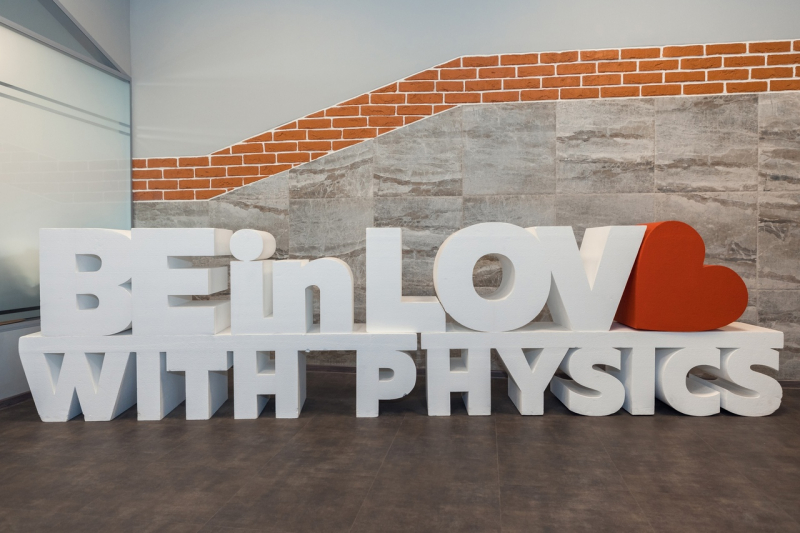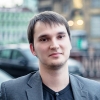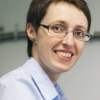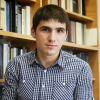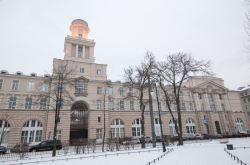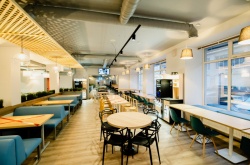The School of Photonics, which was part of ITMO University for the past five years, has been recently transformed into a new School of Physics and Engineering that will bring together the Faculties of Physics, Photonics, Nanoelectronics, and Engineering Research.
Such a transformation came about as a result of a strong team of young and talented staff, the emergence of new research fields, and the need for changes in the management system of ITMO University.
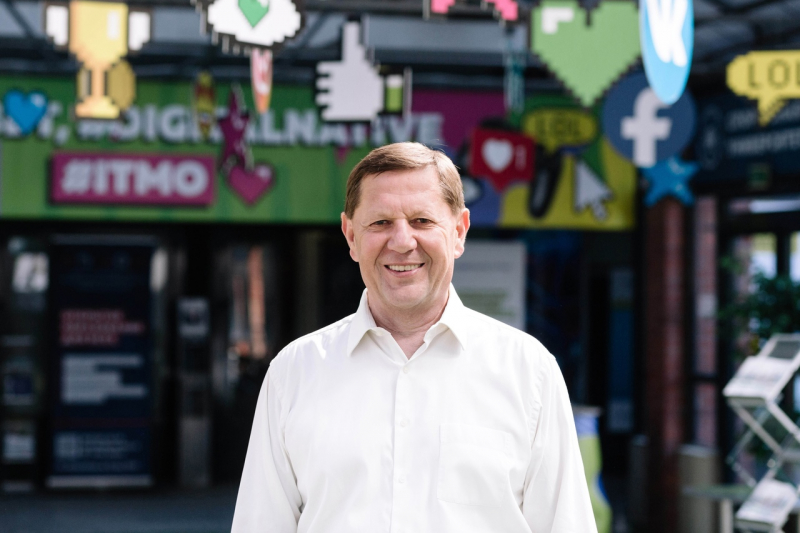
“A new name implies a change in perspective. The faculty will no longer focus mainly on photonics and quantum technology but other fields, too. Yet it won’t be immediate: it might take from five to six years to achieve this goal. For now, of course, photonics and optoinformatics will remain the main fields but we have such specialists as Igor Meshkovsky (electronics, mechatronics, optics, and design) and Maya Uspenskaya (bioengineering and chemical physics) who will help us introduce new focus areas. Then, we plan to expand and reach a new level. In the light of the Priority 2030 program, this rather ambitious idea will take its place within the expansion of the university’s fields,” comments Vladimir Vasilyev, the Rector of ITMO University.
Concept of new faculties
The new faculties will mostly continue as before, this means that many research teams and educational programs will continue their work in the same format. However, they will be some regrouping around specific areas of development.
The Faculty of Photonics will be engaged in fundamental and applied research in the field of photonics, thus taking over the research fields of the previous school. The Faculty of Engineering Research will be responsible for applied research and development focused on the implementation of ready-made devices, as well as interaction with industrial partners. The Faculty of Nanoelectronics will focus on strengthening the existing and developing new ties with the Ioffe Institute in both fundamental and applied fields. Many employees from the Institute are part of the school, so this is yet another proof of the tied collaboration between ITMO University and the Ioffe Institute. Finally, the Faculty of Physics will deal with fundamental physics for the whole School.
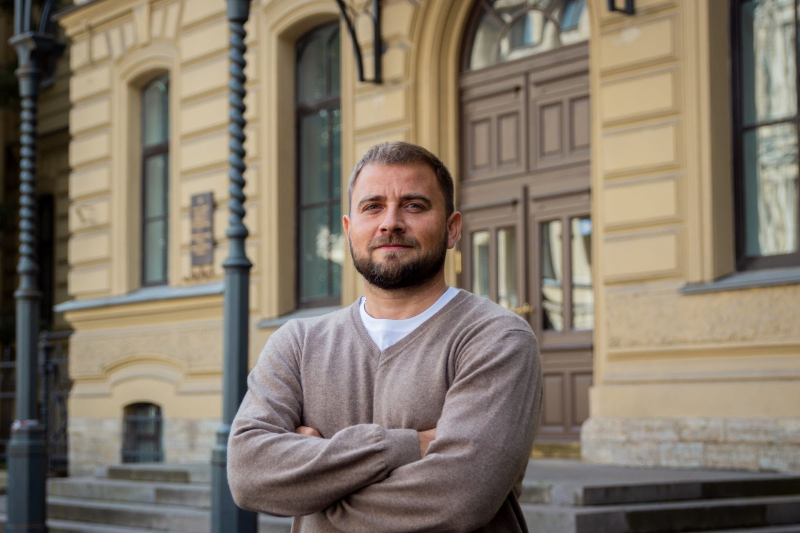
“So, we aren’t really starting from scratch. We have a strong foundation: major collaborations (Russian Railways, Gazprom Neft, Huawei, Corning, etc.), advanced projects in quantum technologies, several world-class research centers with an extensive instrumental base, and ongoing fundamental studies, the results of which are regularly published in well-known journals. And I believe that the strengthening of team collaborations will only lead to greater results,” says Pavel Belov, a professor and the head of ITMO’s School of Physics and Engineering.
The school will also welcome new deans and a new academic board. Following the new management concept, the deans will facilitate strong ties between the staff of the Faculty and the School, and promote the values of the university and the principles of the School. Also, each dean will have new responsibilities that are vital for the School. These are scientific infrastructure, links with the economy and with the Academy of Sciences (the Ioffe Institute), as well as the development of fundamental physics education.
Until the final elections, which will be held this summer, the duties of deans will be performed by reputable young employees:
Alexey Slobozhanyuk, PhD (Faculty of Engineering Research), is a graduate of ITMO University, laureate of numerous international awards from the Institute of Electrical and Electronics Engineers (IEEE) and the SPIE society, and a co-author of papers published in leading scientific journals on photonics, nanotechnology and materials. His PhD thesis was recognized as the best in physics in 2017 at the Australian National University. He also completed the EMBA program and established the tradition of ITMO's internal conferences – ITMO Open Science.
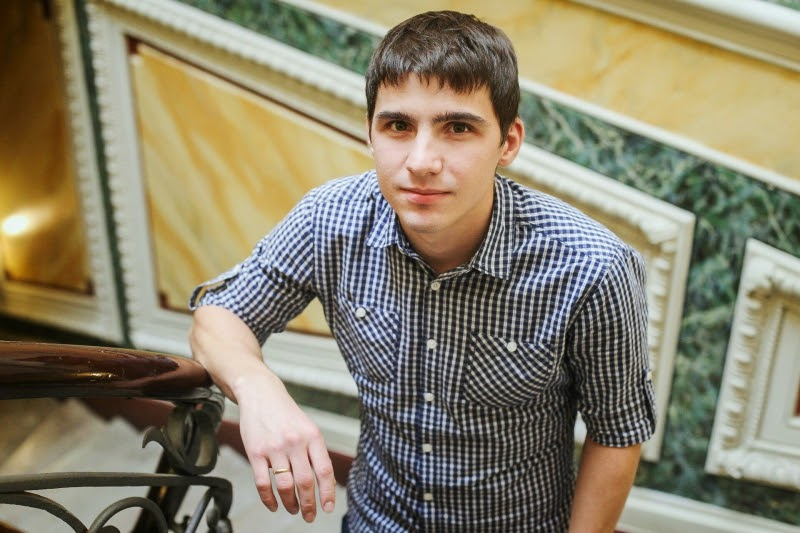
Irina Melchakova, PhD (Faculty of Physics), is a graduate of ITMO University, a co-author of many scientific papers in the field of improving MRI using metamaterials, a co-head of the project supported by the program of megagrants in 2021, and the head of ITMO’s International Research Office, which over the past seven years organized and supported the activities of scientific laboratories working within Project 5-100.
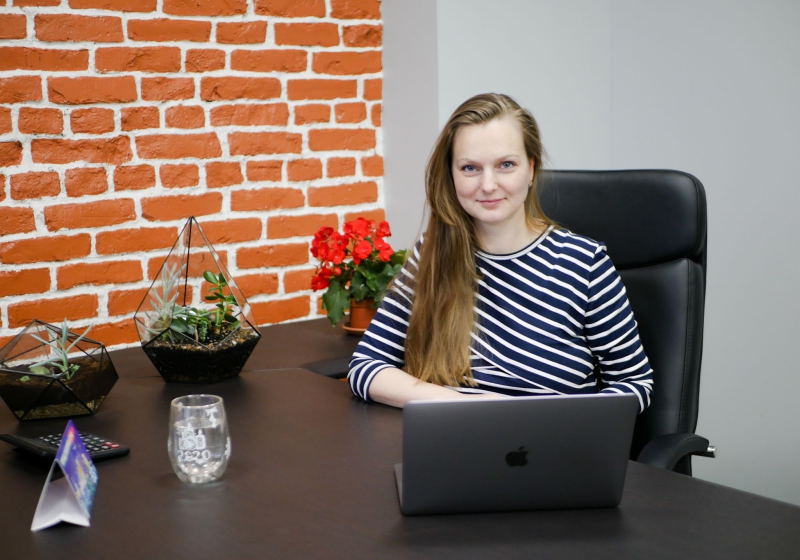
Sergey Makarov, PhD (Faculty of Photonics), is one of the youngest DSc holders at ITMO University, a co-leader of two projects supported by the program of megagrants in 2017 and 2021, a laureate of the scholarship of the President of the Russian Federation for Young Scientists in 2019, and a laureate of the Research Excellence Award Russia 2021 from the Elsevier publishing company.
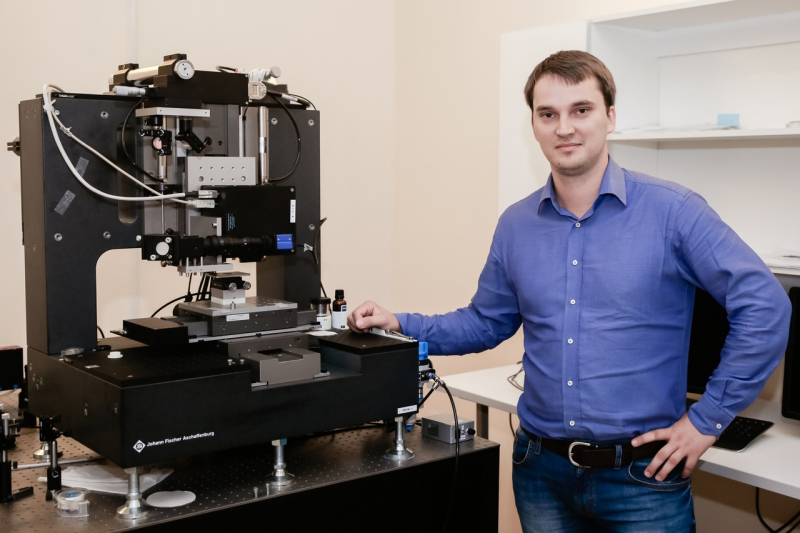
Alexandra Kalashnikova, PhD (Faculty of Nanoelectronics), is a graduate of ITMO University, the head of the Ferroics Physics Laboratory at the Ioffe Institute established in 2013 as part of the megagrants program, and a laureate of the scholarship of the President of the Russian Federation for Young Scientists in 2014.
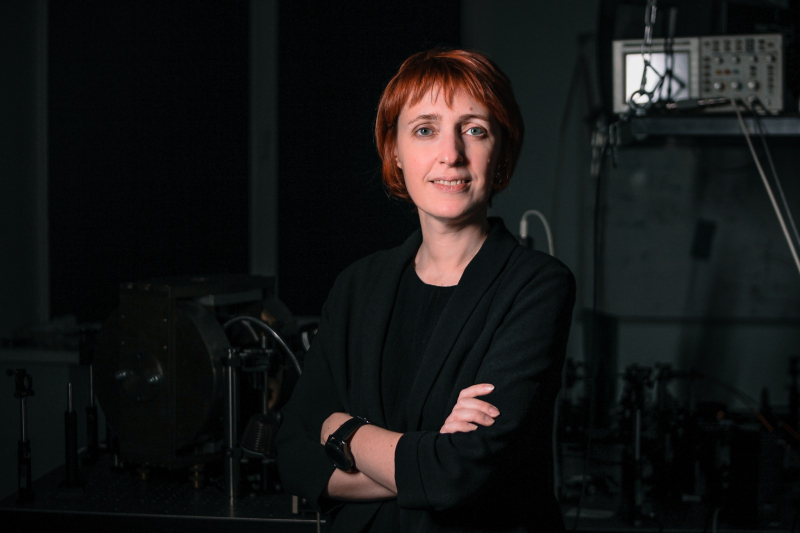
Yana Muzychenko, PhD, is also a graduate of ITMO University and will become the deputy head of the School for education. Previously, she was engaged in the development of educational programs at the former Faculty of Physics and Engineering.
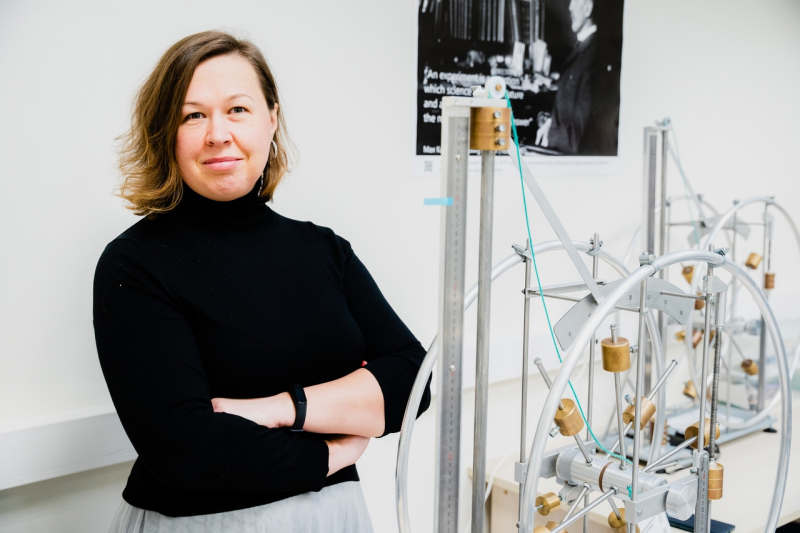
Symbiosis of young and experienced employees
Since the changes requested by the Rector are aimed at moving towards a new stage in 2021-2030, there were calls for using the best practices of the former faculty that has grown well in recent years. One of these practices is to actively involve young people in scientific and educational activities. As Pavel Belov emphasizes, this method has already proved to be effective. Young specialists are far more ambitious and goal-oriented when just starting their careers.
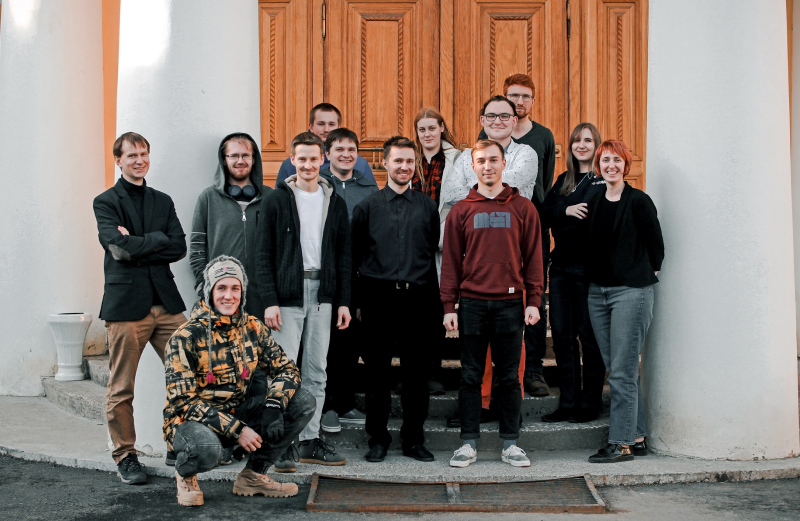
Yet the main challenge is to balance the energy and drive of young employees and the experience and wisdom of professors who laid the foundation for the School.
“We have no intention of leaving our experienced colleagues behind. We respect their strong competencies and are grateful for everything they have done for the School. I hope they will continue to develop science and education in the future. However, I’m sure that they shouldn’t be engaged in the organizational aspects of the School, which are more characteristic of young people, but more meaningful activities. That is, they will share their experiences, contacts, and best practices. It should be a healthy and balanced collaboration,” says Pavel Belov.
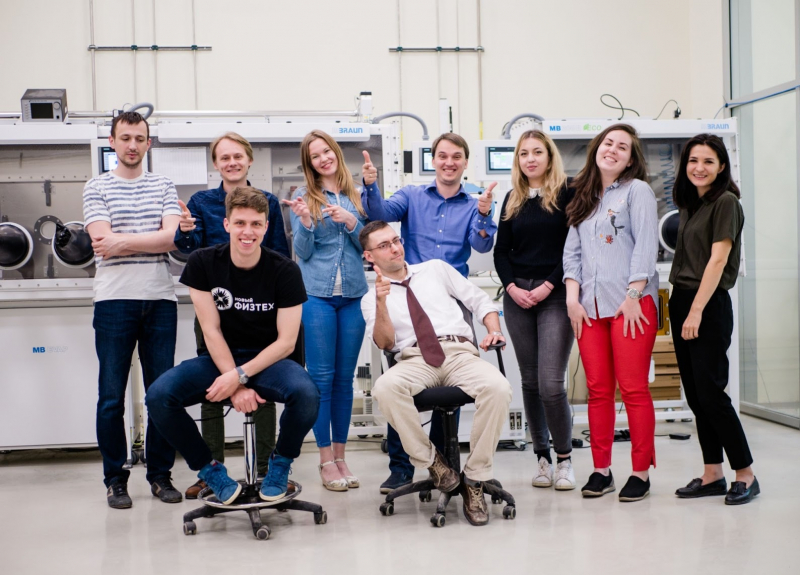
Planning and expected results
“We’d like to create an environment with a special atmosphere – trust, collaboration, and mutual help – that we used to have at the former faculty. I believe that it helps people see their future more clearly and know how to achieve their goals.
This also implies an increase in staff resources, especially among young employees who see the School as a platform for the development of their own projects. This is our goal for the next two years.
In the next five years, we should find a way to balance our boundaries and collaborations. This school aims to be a harmonious open system where all groups work together, jointly conduct research and develop educational programs. And, above all, we want our colleagues to enjoy their work. That’s what we want to achieve soon,” concludes Pavel Belov, the head of ITMO’s School of Physics and Engineering.
